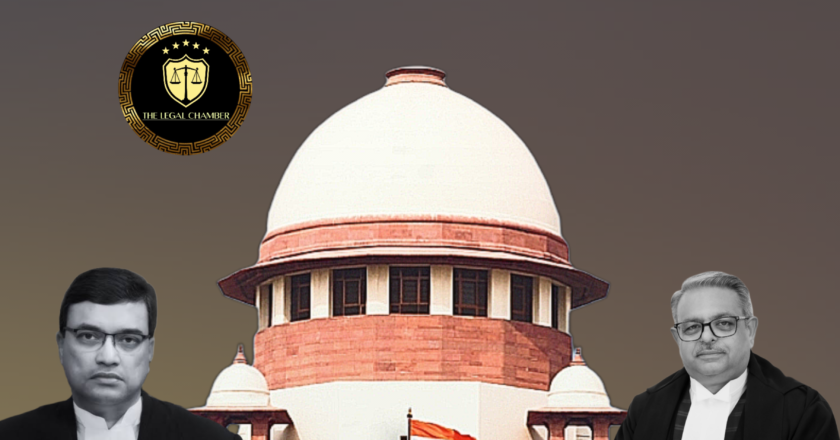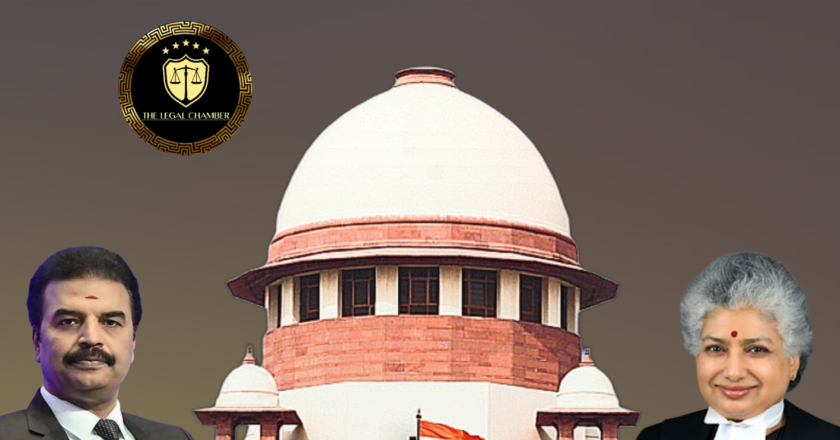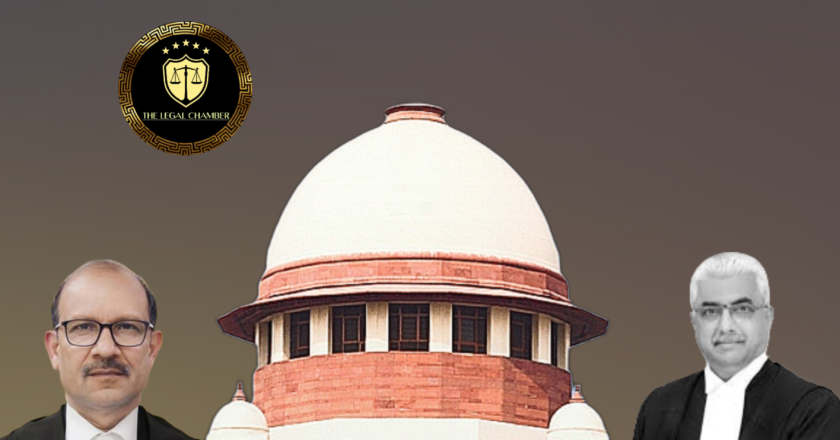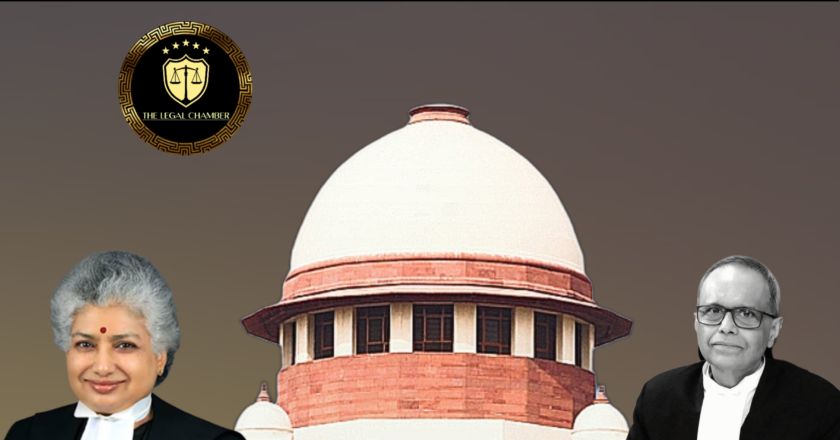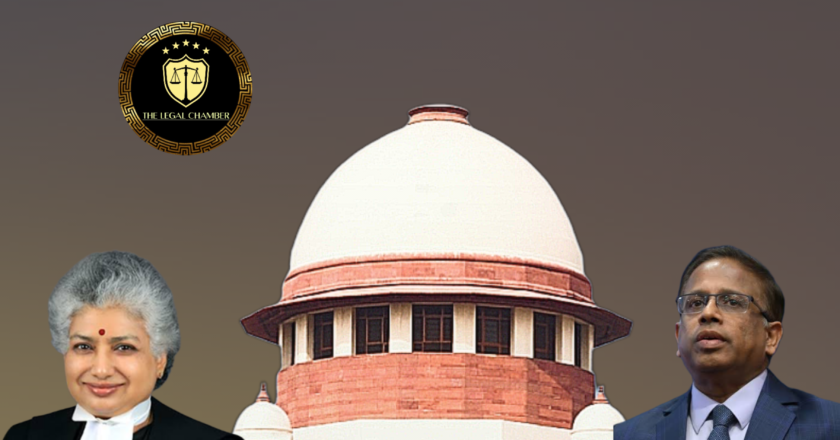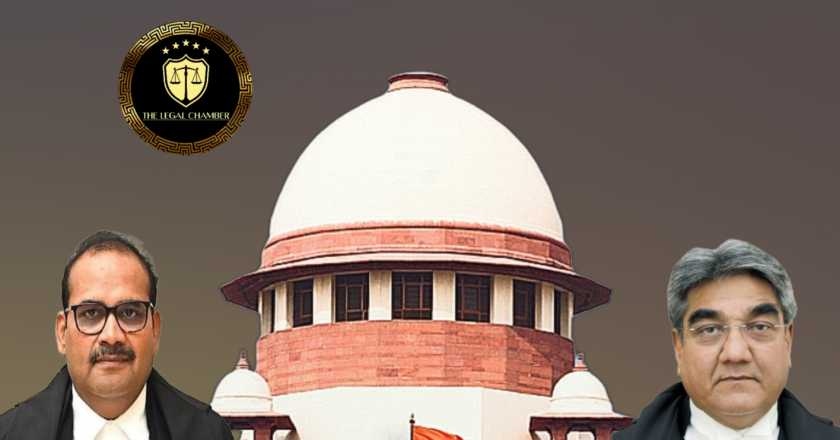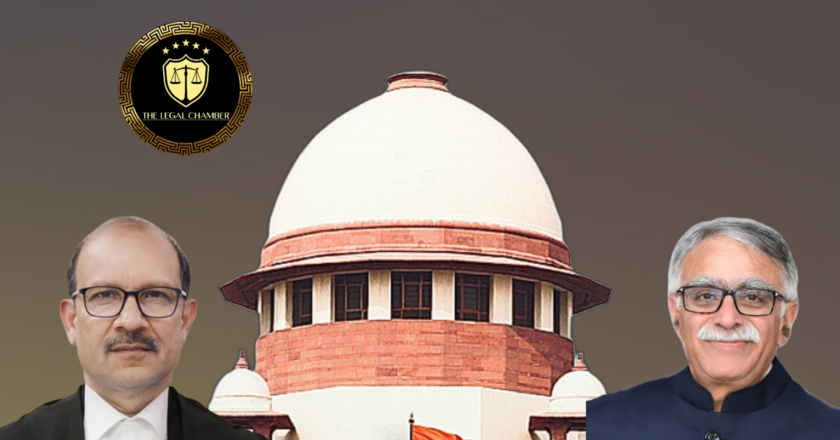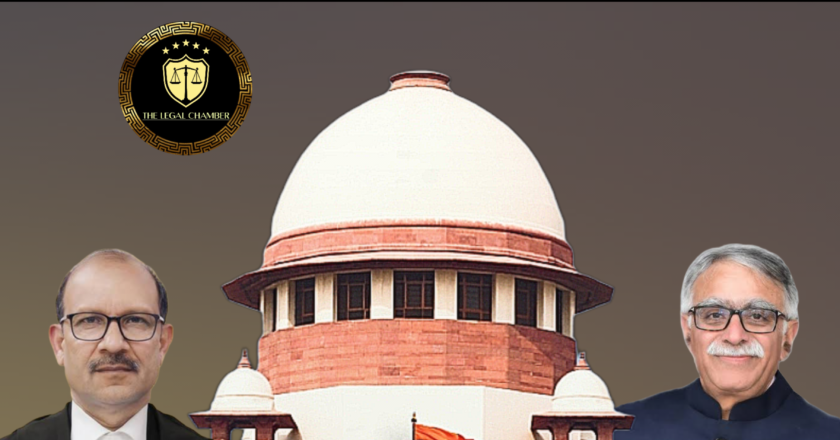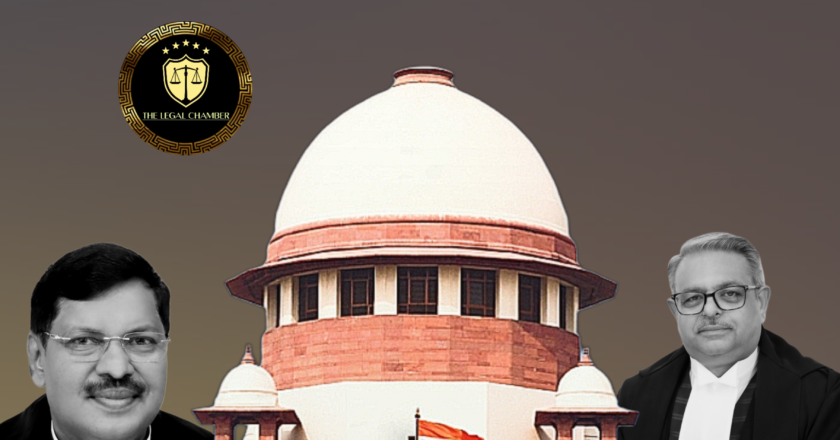Supreme Court on PMLA: Statutory Appeal Must Be Exhausted Before Seeking Quashing, Rules in JSW Case
The Supreme Court declined to quash the PMLA proceedings, holding that the statutory appellate mechanism under the Act must be exhausted first. The Court emphasized that the Appellate Tribunal is the appropriate forum to determine whether the attached property constitutes "proceeds of crime" and if its withdrawal violated the law, thereby refusing to exercise its extraordinary jurisdiction at this stage.
Facts Of The Case:
JSW Steel Limited entered into a contract with Obulapuram Mining Company (OMC) for the supply of iron ore, making an advance payment. After OMC and its associates, including Ananthpur Mining Corporation (AMC), partially supplied the ore, they failed to complete the supply. JSW initiated arbitration, which resulted in an award directing a refund of the outstanding b...
